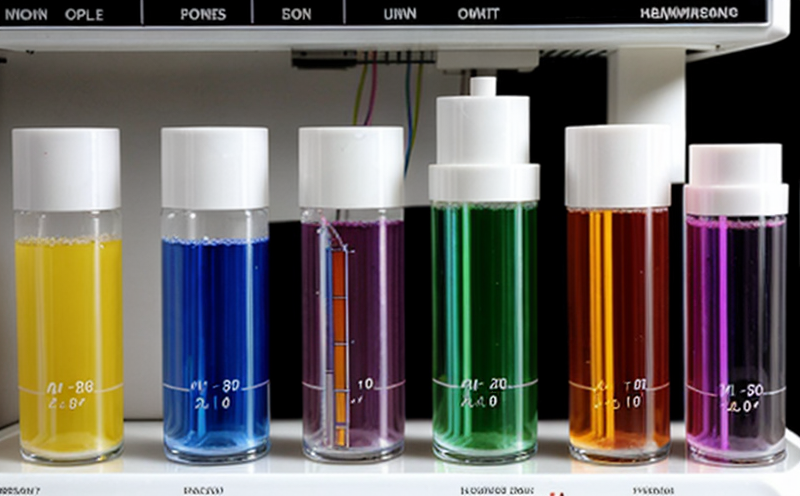ISO 29058 Chromatographic Testing of Bio Based Plastics
The ISO 29058 standard provides a comprehensive approach to chromatographic analysis for bio-based plastics. This service is designed to ensure that the chemical composition and purity of these materials meet the highest international standards, which is critical in sectors such as sustainable packaging, biodegradable products, and green chemistry.
Chromatography plays a pivotal role in identifying and quantifying components within bio-based plastics. The process involves separating complex mixtures into their individual constituents for precise analysis. This is particularly important because the chemical composition of bio-based plastics can vary significantly based on the raw materials used, manufacturing processes, and additives.
The primary advantage of using ISO 29058 for chromatographic testing lies in its ability to provide detailed insights into the molecular structure and composition of these materials. This is achieved through various chromatographic techniques like High Performance Liquid Chromatography (HPLC) and Gas Chromatography-Mass Spectrometry (GC-MS). These methods are capable of detecting even trace amounts of components, ensuring that bio-based plastics meet stringent quality control standards.
For sustainable packaging applications, accurate chromatographic analysis can help manufacturers ensure their products comply with environmental regulations. This is crucial as consumers and regulatory bodies increasingly demand environmentally friendly alternatives to traditional petroleum-based plastics. Additionally, in the biodegradable market, precise testing ensures that materials degrade within specified timeframes and conditions without harmful by-products.
The ISO 29058 standard also helps R&D engineers optimize formulations for improved performance. By understanding the exact composition of bio-based plastic feedstocks, they can tailor products to specific end-use requirements such as tensile strength, flexibility, or resistance to moisture and temperature variations. This service is invaluable in sectors where innovation and compliance are key drivers.
In procurement processes, ISO 29058 chromatographic testing provides assurance that suppliers deliver materials meeting the specified quality criteria. This reduces the risk of non-compliance issues down the supply chain, thereby enhancing product integrity and market reputation.
| Methodology | Description |
|---|---|
| Sample Preparation | Thoroughly cleaned samples are ground into fine particles for uniform analysis. |
| Chromatographic Techniques Used | HPLC and GC-MS, tailored to detect specific components within bio-based plastics. |
| Data Analysis | Advanced software tools are employed for accurate quantification of each component identified. |
Benefits
- Ensures compliance with international standards and regulations.
- Precise identification and quantification of components within bio-based plastics.
- Supports sustainable packaging design for reduced environmental impact.
- Enhances product quality through optimized formulations based on detailed composition data.
Competitive Advantage and Market Impact
- Achieves a higher level of trust from consumers who prioritize eco-friendly products.
- Increases market competitiveness by meeting stringent quality control standards set by international bodies.
- Fosters innovation within the R&D sector, driving product development towards more sustainable and efficient bio-based solutions.





